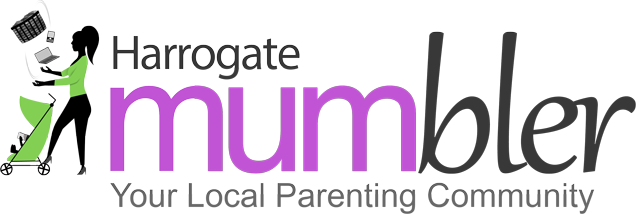 In the early years of starting a family, relationships can come under pressure. The joy of having children can also bring stresses and strains. A relationship can begin to shift and change; finances become more complicated; attention is focused on providing for a child, and frustrations build over the house work. Often, the energy required to look after young children is under estimated. It can be impossible to find time for just the two of you, tensions begin to rise.
In the early years of starting a family, relationships can come under pressure. The joy of having children can also bring stresses and strains. A relationship can begin to shift and change; finances become more complicated; attention is focused on providing for a child, and frustrations build over the house work. Often, the energy required to look after young children is under estimated. It can be impossible to find time for just the two of you, tensions begin to rise.
So how do you know if what you are experiencing is normal or if your relationship is becoming abusive?
Domestic abuse occurs when there is an imbalance of power in a relationship. It is characterised by one person wanting to control the other. Domestic abuse often follows a recognisable pattern and gets worse over time. Warning signs might be missed because the abuse may not happen all the time. Also, the abusive person may seem charming to people outside the relationship. Often outbursts, threats, violence, and anger will be followed by apologies and promises never to repeat the behaviour. Most of us want to believe that people are inherently good. We will often excuse the behaviour of someone we love in the hope that it was caused by ‘stress’ or a trigger that can be avoided in the future. Victims of abuse sometimes try to change their behaviour in the hope that this will stop the abuse, but it can compound it, convincing the abusive partner that that is how they get what they want.
 Common features of domestic abuse include:
Common features of domestic abuse include:
• obsessive jealousy (this can even be of a baby);
• constant criticism and name calling;
• belittling and humiliation;
• damaging property, throwing things, slamming doors;
• isolating their partner from friends and family;
• controlling the finances;
• checking up on their partner, calling all the time, insisting that messages are replied to immediately, asking for evidence of where their partner has been;
• going everywhere with their partner, even doctor’s appointments;
• pressurising their partner into unwanted sexual activity;
• threatening their partner or their children,
• treating their partner like their salve; refusing to help and support their partner,
• and physical violence such as: shoving, pushing punching, kicking.
Many people find themselves trapped in an abusive relationship. It can be difficult to see a way out. Initially the abusive behaviour may seem well-meaning or loving but then escalates to a point where the victim lives in constant fear.
If you are concerned for a friend or family member, try to keep the lines of communication open, and let them know where they can get help.
At IDAS (Independent Domestic Abuse Services), our workers provide non-judgemental, practical, and emotional support to anyone experiencing domestic abuse. We support over 5000 people a year in York, North Yorkshire, and Barnsley, including providing emergency accommodation. Our helpline is available to anyone and our workers will listen and explain the options available, they will never tell anyone what to do.
If you are concerned that your relationship is abusive, or you are worried about a friend or family member you can call us on 03000 110 110 or visit our Live Chat on our website Monday-Friday 5-7pm www.idas.org.uk.
There is help and hope for people affected by domestic abuse.




